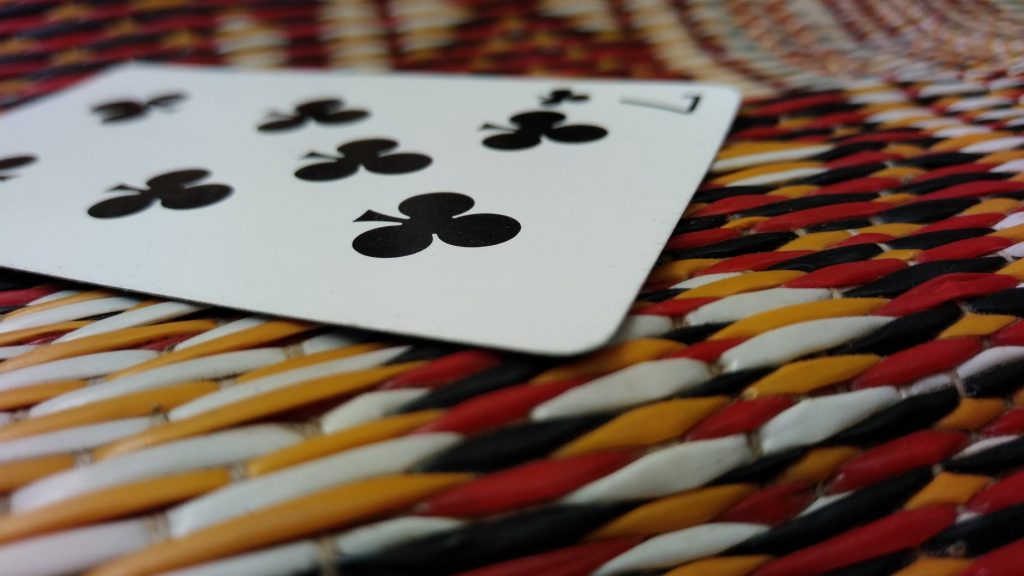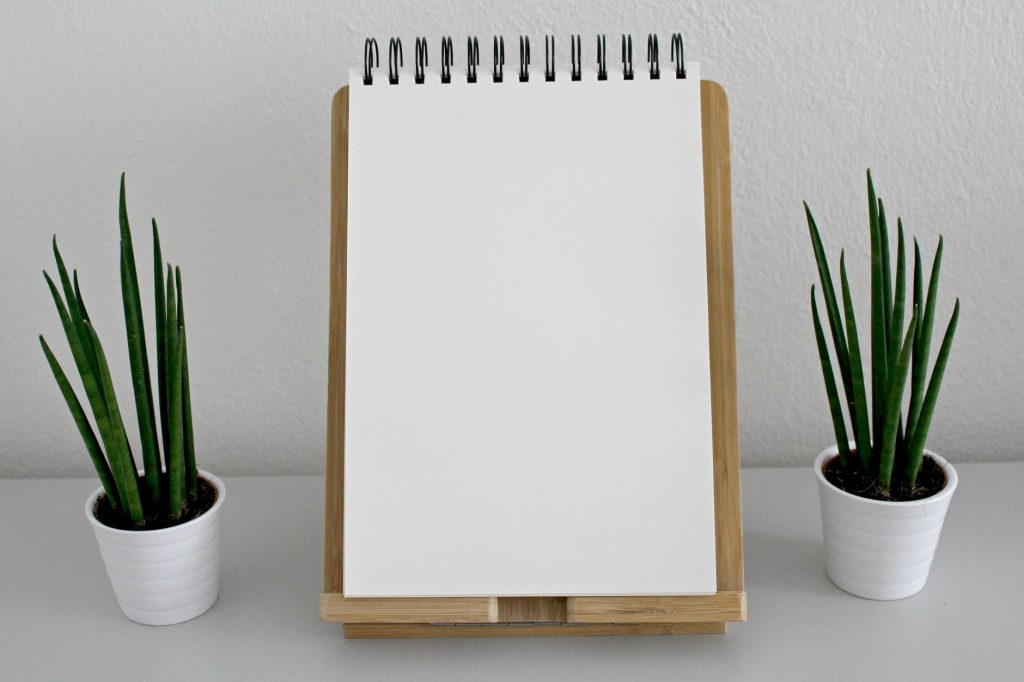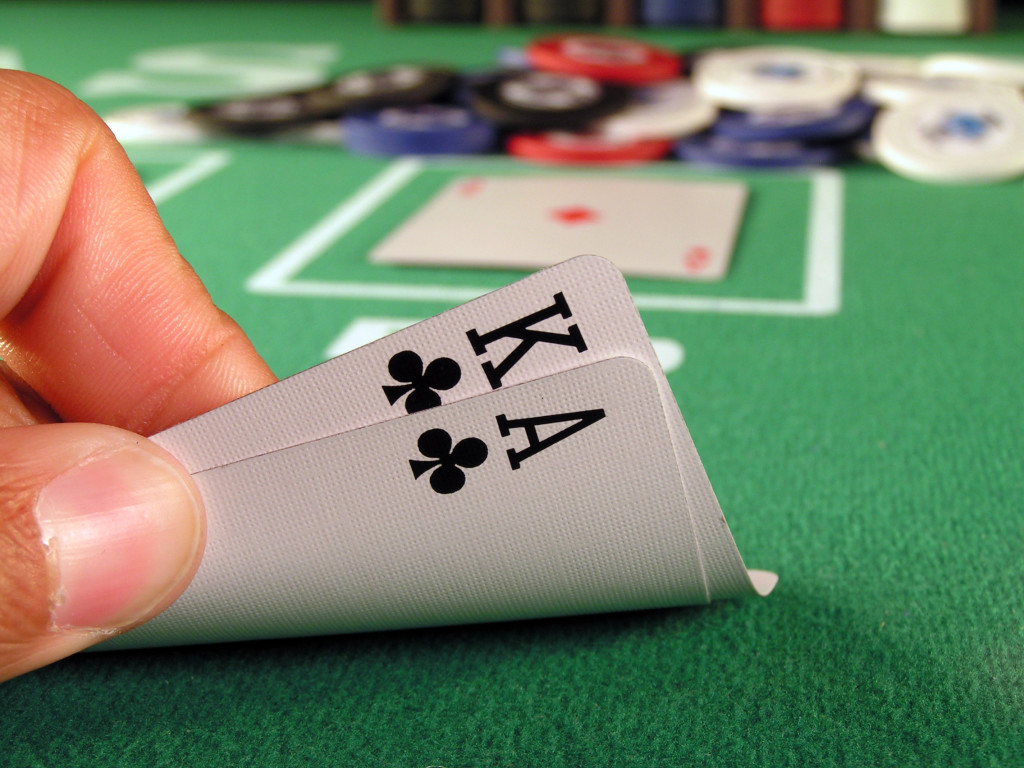
If you want to be good at poker, you cannot just focus on one domain of your game. You need to think about the big picture. In this article, you’re going to learn some psychological tricks on how to be more mindful of your play by managing stress, ignoring annoying players and getting used to the cameras at big tournaments.
On-the-Spot Stress Management

The last thing you want when playing a mind game is for your emotions to go haywire. From winning to losing big, a poker game can be quite stressful. It can be especially nerve-racking when the stakes are high; for example, when you play poker as more than a recreational activity.
When you notice that you are losing grip on your emotions during play, you can try a technique known as box breathing. What you do is you let out air from your lungs for four seconds, hold it in for four seconds, inhale for four seconds and again hold it in for four seconds. It’s one session — you do as many as needed until you feel you’re relaxed.
The way that this technique works is by calming your fight or flight response. By regulating your breathing, you’re telling your brain that everything is fine and that you’re not in grave danger, which is crucial during a high-stakes poker game. While this is not a miracle solution to stress, it works in a pinch. Even American Navy Seals use it.
Relax Between Sessions

Poker can be quite exhausting, especially if you play in a tournament. You spend continuous hours doing heavy mental work while being strapped to a chair. Add the pressure of having to be the best at the table, and you can say goodbye to your sleeping schedule.
But to be on you’re A game, you need quality rest. So, how can you fall asleep when you have so many thoughts racing through your mind? One way to do it is to keep a notepad on your nightstand. This way, you can take a note of all the thoughts that are bothering you so you can tackle them the next day with a fresh mind.
By taking note of your nagging thoughts, you’re letting your mind know that you won’t forget anything important. This way, you’re not going down the rabbit hole of spending the night trying to solve world hunger. Plus, when you write down what’s bothering you, you get to look at the problems with some perspective.
Deal with the Loudmouth

One of the most annoying aspects of a poker game is the loudmouth. The loudmouth is this annoying player that keeps talking trash, trying to disturb his opponents. While even professional poker players sometimes trash talk other players, they mostly do it for the show. But trash talk is a tactic often used by inexperienced players who are not confident in their skills. Sadly, consistently listening to somebody’s gibberish can get on the nerves of even the calmest person. So, how do you deal with the loudmouth?
When dealing with bullies, you have two general options: avoid and ignore them or confront them. But neither of these solutions work well when you are at the poker table. If you’re playing at a tournament, you cannot leave because you’ll get disqualified. And you cannot avoid and ignore the loudmouth because he’s inches away from you. Some players choose to play with headphones, so they don’t listen to the distracting sounds coming from other players. But what if you find the music itself distracting?
To deal with the loudmouth, you can do one thing that psychologists suggest people do when they need to deal with a narcissist. And this is to put a positive spin on their attitude. Whenever the loudmouth acts out, think about how he’s doing nothing but making a fool out of himself in front of everybody. Also, try to find his comments entertaining instead of annoying. Keep in mind that even if what he’s saying is insulting, the main reason for this is not something personal against you but his insecurities. In fact, if you put a positive spin on this, you might even start to look forward to his snarky comments.
Fight Through Performance Anxiety

If you’re serious about poker, at one point, you might end up at a televised live tournament. And as if the pressure of playing with money is not enough, being on live TV is a big-time stressor itself. You might even feel performance anxiety at your local casino if your table is surrounded by onlookers. So, how do you fight through it?
Again, the key here is to put a positive spin on the situation. Performance anxiety is nothing more than fear that you’ll fail in front of other people. But think about it this way: by being there at the table, you’re already doing better than the people that didn’t dare to go toe-to-toe with players at the poker felt. But for an even more powerful way to relax before a game, watch some videos of famous athletes making stupid mistakes. It’ll be even better if you watch your athletes fail.
While laughing at other people’s misery may sound harsh to some, this approach works in a few ways. First, it shows that even if you do fail at your game, you’ll not be alone — even professional players, who are paid millions, fail. Second, it will show you that nobody cares about your failure as much as you think they do. After all, for how long do you think people remember even famous athletes making mistakes? It’s way shorter than you think, and we are talking about famous people who are known by millions. The third way that this approach will help you is by showing you that even failure won’t change the way people look at you. After all, if you have seen your athletes fail at some point, would you not still look at them with admiration if you met them on the street?
Poker requires a diverse set of skills, from knowing how to calculate probabilities to how to read people; you also need to be in control of your mind. However, this is not to say that you’ll never slip up. But when you do, you better know how to bounce back. The techniques laid out here will give you a much better chance of staying on top of your thoughts and will the effect that emotions have on your play.

